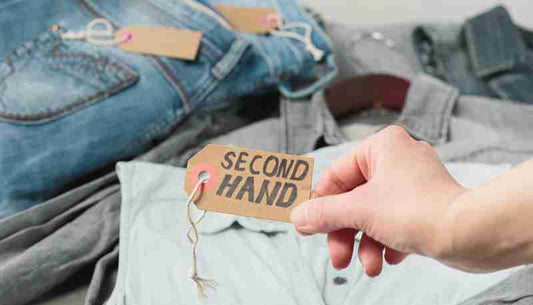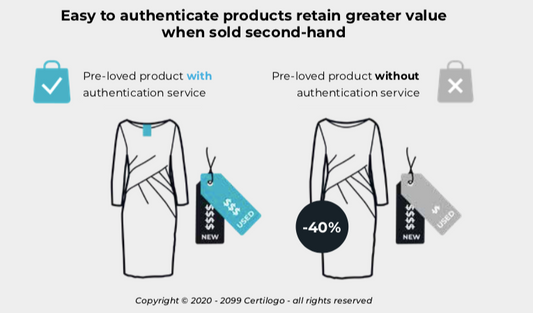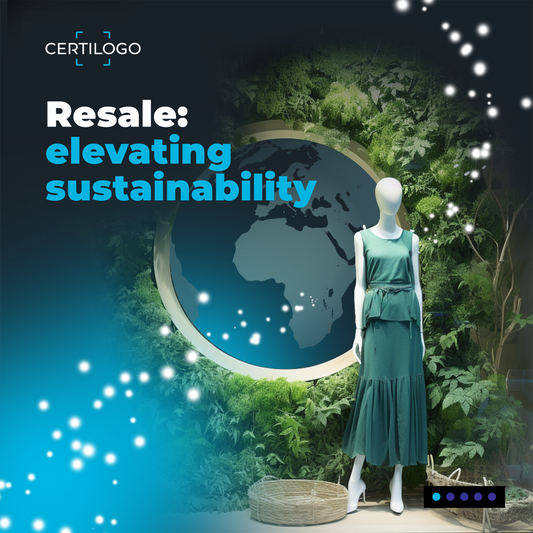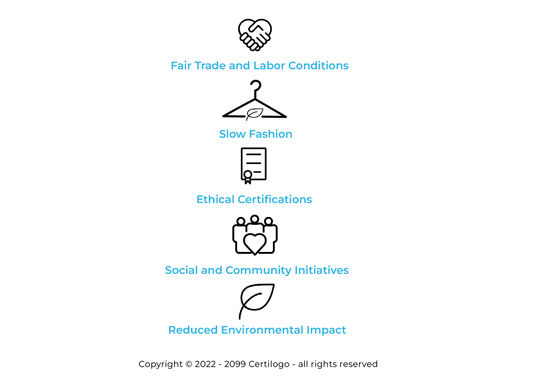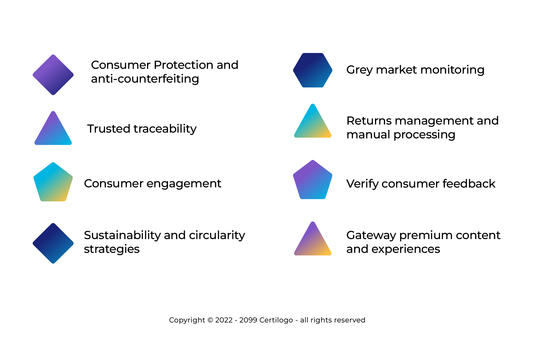Circular solutions: maximising streetwear value across lifecycle
Products with authentication are worth more
Resale: Top 10 benefits for brands
5 ways resale elevates sustainability
Interest in ethical clothing is growing, is your brand keeping up?
8 ways brands are using product authentication to boost their business
Fashion&Textile: EU is calling for EPR, Extended Producer Responsibility
Bring you own...bag! BYOB makes its way into fashion
What are the science-based targets for fashion to combat climate change?
End-of-life strategies: How fashion brands can effectively handle the conclusion of the product life cycle


